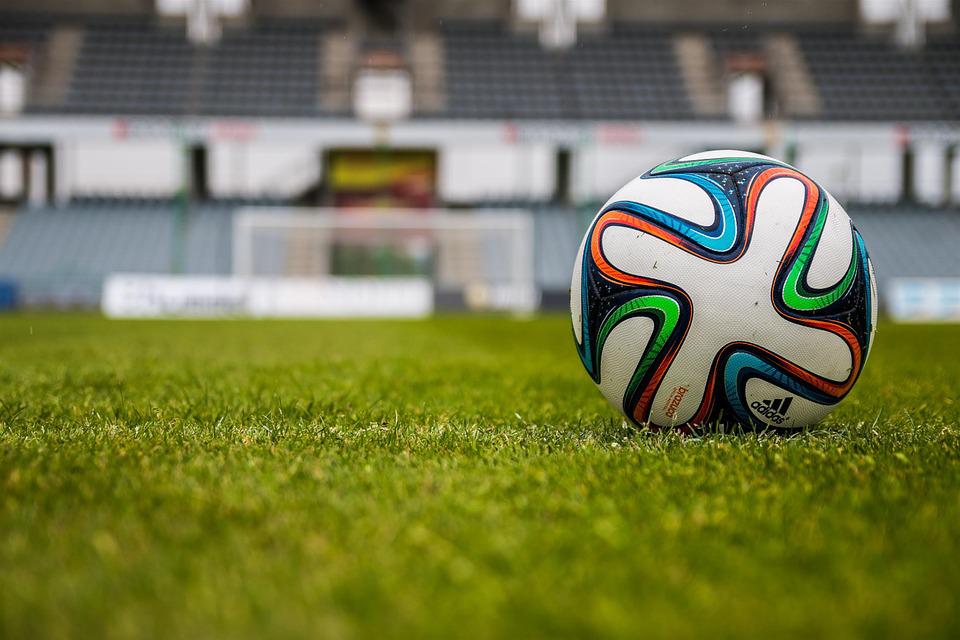Soccer is one of the biggest sports in the world and when you think of the home of it, then it’s most likely you’ll think of England.
The Brits love their soccer, or football as they prefer to call it, and the Premier League (not to mention all the other leagues in the UK) is one of the most well-attended sports events on the planet. It’s beamed around the world and worth millions upon millions of dollars.
However, over the last few years, many clubs have had to battle with fans abusing drugs and causing problems within stadiums, and it’s an ever-increasing problem too. The European Championships last year was a stark reminder of this, as reports stated that the behaviour of England fans could have even led to deaths.
But the question is, is it just a soccer problem?
Well, a problem in soccer there certainly is. A study by British newspaper The Sun found traces of cocaine in 44 of 58 toilet cubicles across a sample of Premier League stadiums, while many fans have reported incidents to the police and stewards within the stadium.
But it isn’t just in football. There has been a rise in cocaine consumption across the UK, and in fact the world, over recent years and the numbers now suffering from drug addiction are also getting larger and larger. Treatment centres are seeing more people check in, while arrests are also up on incidents involving drugs.
Therefore it’s certainly a wider problem, but being highlighted in football, where testosterone levels are high, loutish behaviour is exposed and a toxic culture has been passed down from generation to generation.
Both football fans and wider society needs to clean up its act. The 1980s and the rise of hooliganism didn’t just shine a bad light on the English game, but it led to catastrophic events. The drug-fuelled events of the European Championships felt like a throwback, but it’s very much a problem today.
It is a problem for football, but the authorities within it can set a precedent that sends out a wider message to the rest of society to say that it won’t tolerate the anti-social behaviour that drug and alcohol abuse can lead to, while football clubs do have a duty to care for the community. Many clubs already have schemes in place, but perhaps it’s also time to start discussing the dangers of drugs and the impact it can not only have one themselves, but also those around them too.

